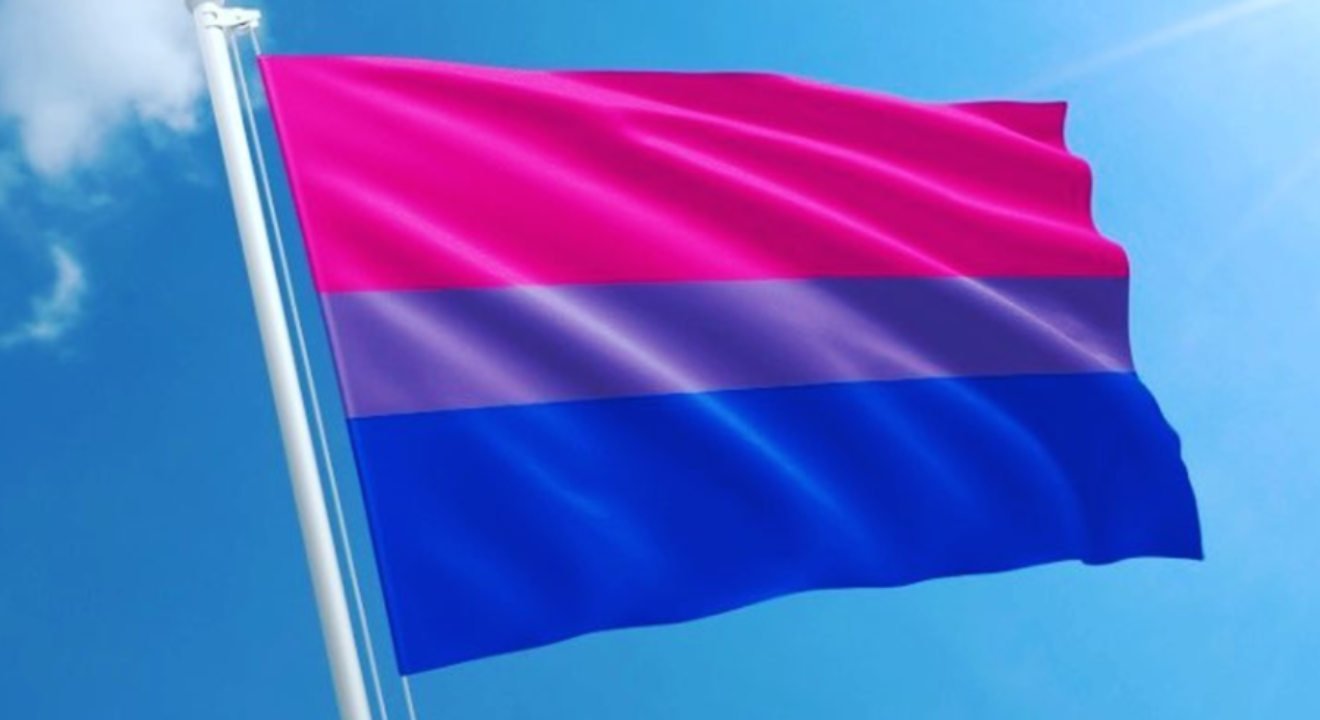Relationships July 18, 2017
Yes, you can like men and women.


While liking men and women definitely opens up your personal dating options, it’s not always perceived as a positive thing.
As a bisexual, you are probably often met with people accusing you of being in denial or going through a phase. Others may even claim you’re inherently a cheater or selfish. Which, then, leads us to the question: why are so many people experiencing biphobia?
ENTITY breaks down what biphobia is and how it manifests in society – even within the LGBTQ community.
First, it’s important to define bisexuality.
The term bisexuality, according to UC San Diego’s LGBT website, refers to “the capacity for emotional, romantic, and/or physical attraction to more than one gender/sex . A person who identifies as bisexual affirms this complexity and acknowledges a reality beyond the either/or dualities of heterosexism.”
Now, on to biphobia. The term biphobia refers to the “dislike or prejudice against bisexual people.”
The dichotomy of their sexuality often leaves bisexual individuals feeling their needs are invisible, both among straight people and members of the LGBTQ community.
The number one reason people experience biphobia is because they don’t understand bisexuality.
Most people identify as straight, and it’s the easiest identity for society to wrap their heads around. A man likes a woman and vice versa. It follows the evolutionary model.
However, in today’s society, most people are finally acknowledging gay relationships, too. Since 2015, gay marriage has been legal everywhere in America, so people are starting to come around.
But when it comes to bisexuals, a good majority of society is totally confused. The biphobia sentiment that gets thrown around is the assumption that the bisexual person is confused or going through a phase.
Yet, being bisexual is becoming more prevalent in society. In fact, 5.5 percent of women and two percent of men identify as bisexual, according to CNN. These numbers have almost doubled from surveys taken in previous years.
The second assumption when it comes to biphobia is that if you are bisexual, you are destined to cheat on your romantic partner.
People assume that if you are bisexual, you are some type of nymphomaniac who only broadens their sexuality to get more options for sex.
Oscar-winning actress Anna Paquin spoke out against people claiming bisexuality and monogamy are mutually exclusive, calling it “their problem, not mine.” The actress has been happily married to Stephen Moyer since 2010.
The reasons above aren’t the only criticisms bisexual people receive. Among the LGBTQ community, bisexuals are also often criticized for still keeping one foot in the closet.
While bisexual people understand not everyone in society is going to jump on board with their romantic and sexual preferences, it can often be more hurtful that their own community doesn’t understand them, either.
Many bisexual people are criticized for not picking a side and being selfish by others in the gender spectrum. In addition, they can also be criticized for not being “brave enough” or “true enough” to themselves to come out fully.
It’s important to understand that biphobia is more than just bisexual people being misunderstood. It causes feelings of alienation among bisexual individuals, both from the outside society and their own community. In some cases, this leads to suicidal thoughts and attempts.
It can also be very confusing for a bisexual person to navigate their feelings alongside societal norms that they should pick a side.
So, while you may not understand someone liking both men and women, discounting them from your social circle can actually do some real damage.
Here are the numbers.
Bisexual teens are more likely to have thoughts of suicide that carry into adulthood than any other self-identified group. In a 2011 study published in the Educational Researcher, seven percent of straight individuals considered suicide in the last 30 days (from when the research was conducted). For self-identifying gay individuals, this number rose to 33 percent. And when it came to bisexuals, the number was 44 percent.
In the same study, 21 percent of bi individuals said they made a suicide attempt in the previous year.
These statistics show that while biphobia may seem like harmless misunderstanding or, in some cases, the butt of a joke, it can be very real and should be taken seriously.
To our bisexual friends: we love you. We want biphobia to be a thing of the past, too.